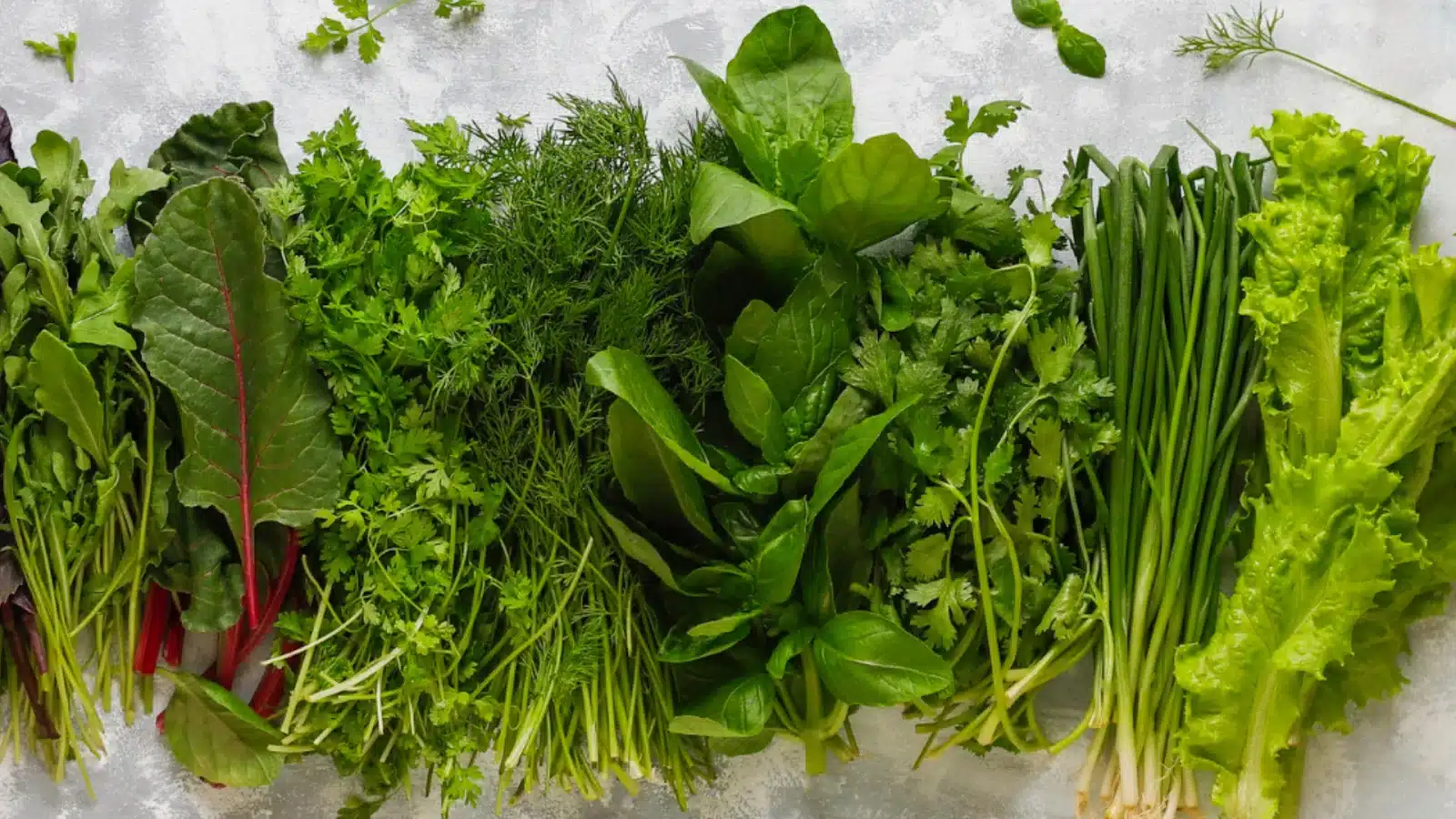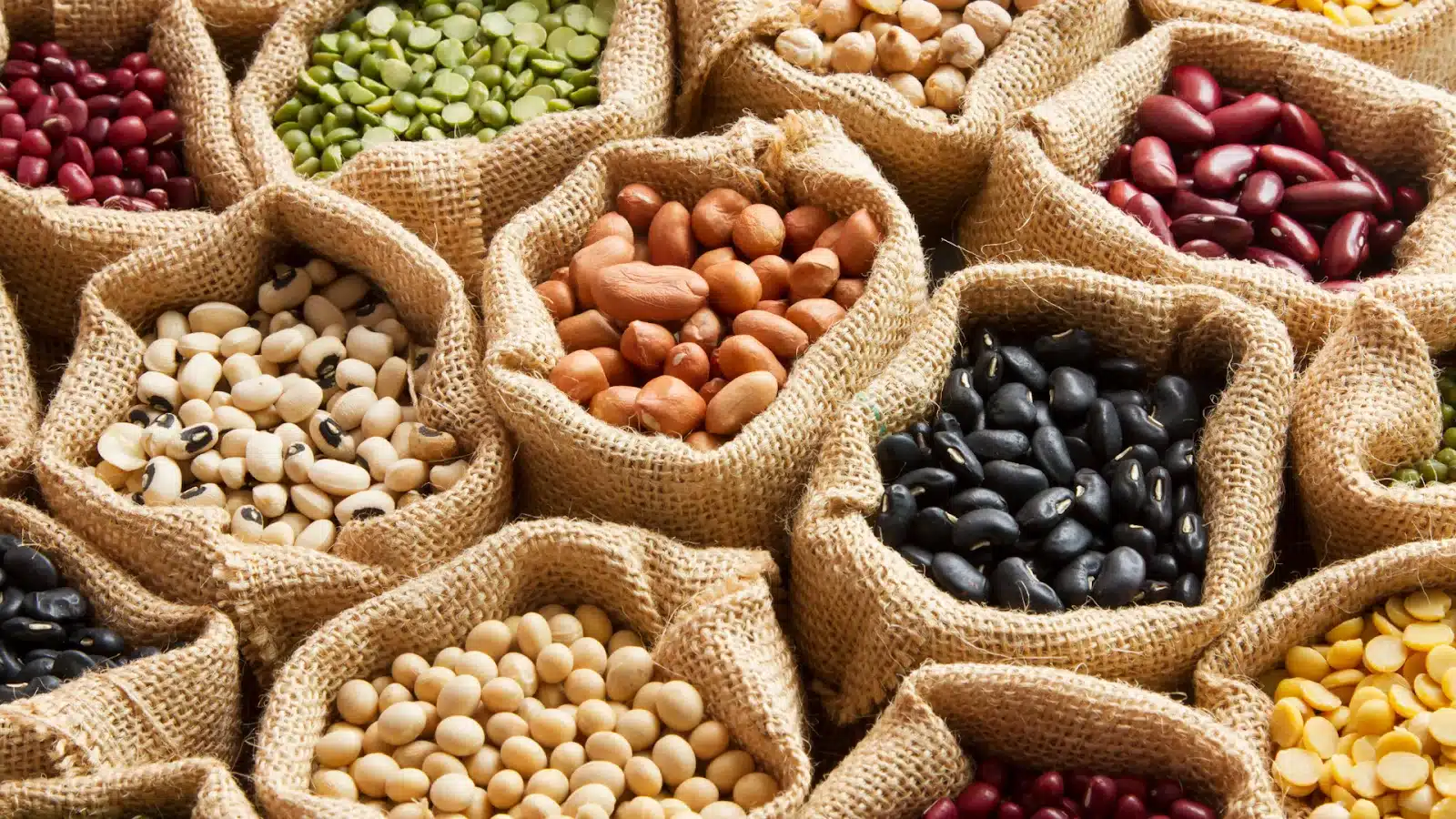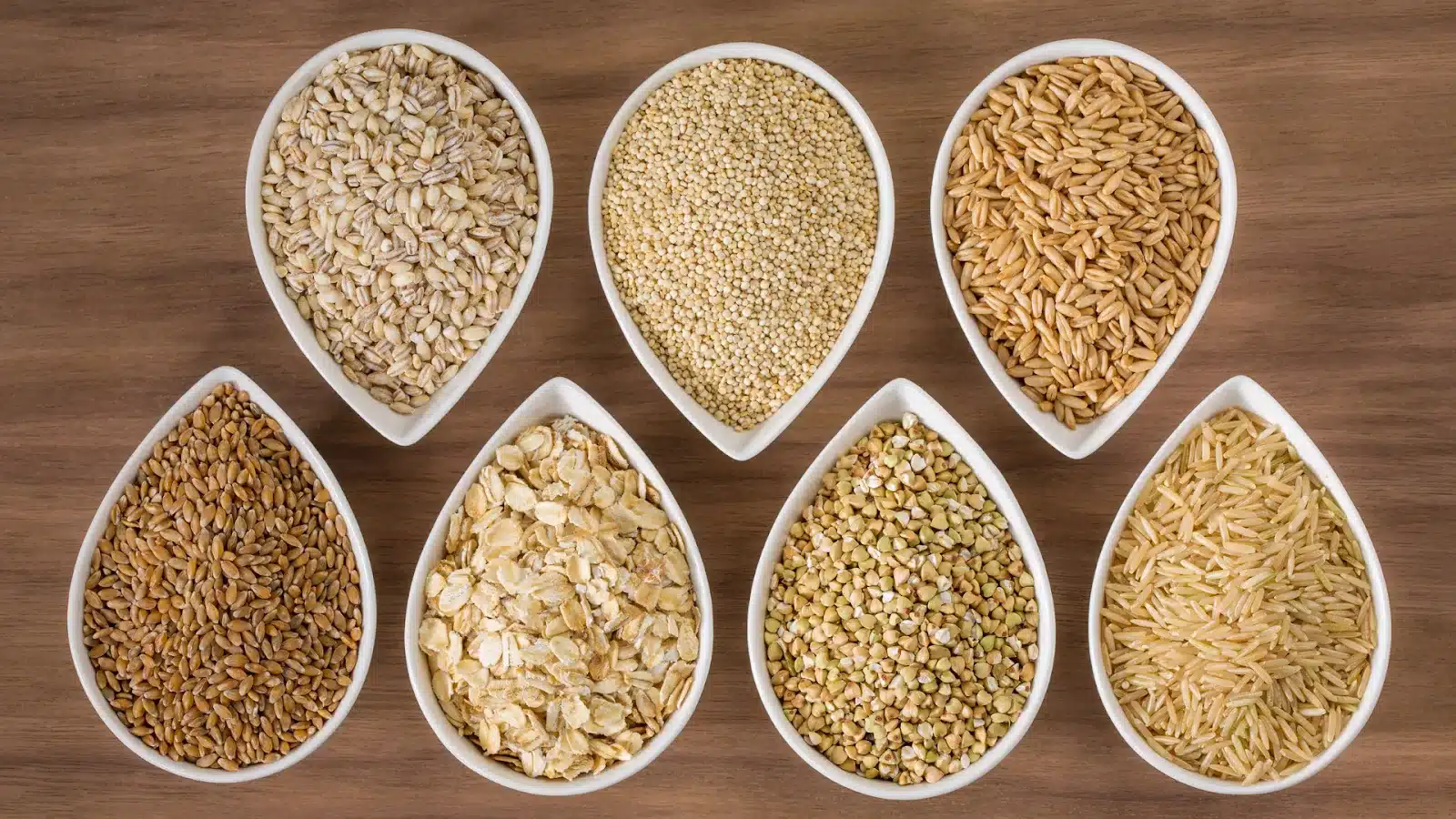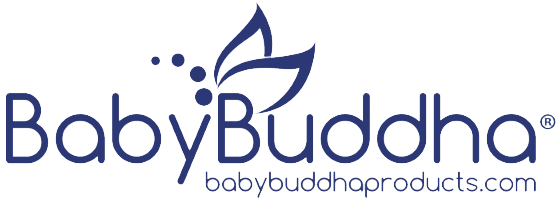Breastfeeding Supply Foods for Your Postpartum Days
Feeding your baby can feel like a full-time job, especially in those first few weeks after birth when everything is new. And if you’ve ever found yourself mid-feed, quietly wondering, “Is my milk enough?” you’re definitely not alone. It’s a question many moms ask, even when things are going just fine.
Milk supply naturally works on a rhythm. Every time your baby feeds or you pump, your body gets the message to make more. While that rhythm is beautiful, it also asks a lot from you: rest, hydration, and yes, the right nourishment.
That’s why what you eat matters so much during breastfeeding. For generations, certain foods have been known to support lactation.
This mama talk isn’t about rules or magic fixes. It’s a quiet reminder that simple, nourishing foods can go a long way in supporting your milk supply and your well-being.
What You’ll Learn in This Guide:
- Everyday foods that may gently support breast milk production
- Simple snacks and drinks to keep you nourished and energized
- Common foods and habits that could impact your milk supply
- A sample meal plan to support recovery and steady milk flow
- Gentle reminders to care for yourself while feeding your baby
5 Nourishing Breastfeeding Supply Foods to Support You
Your body is doing something incredible right now, feeding a small baby. And while you’re giving so much of yourself, certain foods can gently give back to you.
Let’s explore a few nourishing picks that can help support your milk flow and energy, one bite at a time.
1. Alfalfa Sprouts

Alfalfa sprouts are light, crunchy, and packed with vitamins and minerals that gently support your body’s recovery after childbirth. They’re also considered a natural galactagogue, a food traditionally believed to help support milk production in breastfeeding moms.
Nutritional Highlights:
- Vitamins: A, B1, B6, B12, C, D, E, and K
- Folate & Biotin: Support tissue repair and energy metabolism
- Calcium, Iron, Magnesium, Potassium, Zinc: Help replenish essential minerals lost during pregnancy and delivery
- Protein: Supports healing and energy levels
How to Enjoy Them:
Alfalfa is simple to add to everyday meals:
- Mix into salads or grain bowls
- Add to wraps or sandwiches with hummus or egg
- Stir into scrambled eggs or omelets
What to Keep in Mind:
Just be sure to cook the sprouts thoroughly to avoid any foodborne risk, especially postpartum, when your immunity is still adjusting.
2. Garlic & Ginger

If you’ve been raised with comforting and traditional home-cooked meals, these two are probably no strangers. Beyond flavor, garlic and ginger have been used for their warming and digestive properties.
A study found that ginger may be a promising natural galactagogue to improve breast milk volume in the immediate postpartum period, with no notable side effects reported.
How to Enjoy Them:
Ginger:
- Brew into tea with fennel, especially after meals
- Grate fresh ginger into curries, stir-fries, or stews
- Add to porridge with jaggery and ghee for a comforting breakfast
Garlic:
- Sauté chopped garlic in lentils, leafy greens, or soups
- Roast whole cloves and spread on toast or mash into warm grains
- Infuse into ghee or olive oil and drizzle over cooked vegetables
What to Keep in Mind:
- Garlic may slightly change the taste of your milk. If your baby seems unusually fussy or gassy, try reducing the amount.
- Ginger, in large amounts, can cause heartburn or mild stomach upset.
3. Leafy Greens (Spinach, Kale, Arugula)

Feel like your energy’s dipping? Leafy greens could be your secret weapon. They’re brimming with vitamins, minerals, and plant-based goodness that supports both healing and milk supply.
Nutritional Highlights (per 100 g):
- Iron
- Calcium
- Vitamin A and C
- Protein
How to Enjoy Them:
- Toss raw arugula into sandwiches, wraps, or grain bowls
- Stir chopped greens into pasta, risotto, or scrambled eggs
- Mix sautéed greens into omelets, quiches, or savory muffins
Pro Tip: Add a squeeze of lemon or pair with vitamin C-rich veggies to improve iron absorption.
4. Legumes

These humble staples are more powerful than they look and are often considered one of the best lactogenic foods. Legumes are highly rich in protein, one of the most essential nutrients your body needs while breastfeeding.
Nutritional Highlights:
Legumes provide a wide range of essential nutrients like:
- Protein
- Low glycemic index carbohydrates
- Dietary fiber
- Iron, folate, magnesium, potassium, zinc
- B vitamins
How to Enjoy:
- You can eat chickpeas in the form of hummus and pair them with whole grain crackers or sliced veggies
- Add cooked lentils or black beans to grain bowls, wraps, or tacos
- Stir into soups, stews, or casseroles for a hearty boost
Tip: Soaking and rinsing dried legumes before cooking can help improve digestibility and reduce gas.
5. Whole Grains

Sometimes, all you need is a warm bowl of oats to ground you. Hearty and familiar, whole grains like oats offer fiber, minerals, and a sense of comfort, especially when you’re low on sleep or short on time.
Whole grains also support the release of oxytocin, a hormone that helps your milk “let down,” or flow, when your baby feeds.
Nutritional Highlights (For Oats):
- Protein
- Carbohydrates
- Fiber (including beta-glucan)
- Iron
- Magnesium
- Zinc
- B vitamins
Ways to bring them into your day:
- A creamy oatmeal topped with almonds, flax, and fruit
- Lactation cookies with oats, nut butter, and a hint of brewer’s yeast
- Whip up overnight oats for those grab-and-go mornings
Snack Ideas That Can Help Improve Your Milk Supply
Snacking can be a real lifesaver during breastfeeding, especially when you’re up at odd hours, running low on energy, or simply need something quick between feeds.
1. Greek Yogurt with Berries and Nuts
A protein-rich, probiotic-packed snack that also gives you healthy fats and natural sweetness.
How to enjoy: Spoon plain Greek yogurt into a bowl, top with fresh berries, a sprinkle of chopped almonds or walnuts, and a drizzle of honey or dates.
2. Bananas with Peanut Butter
This simple snack is quick to make, satisfying, and rich in potassium and healthy fats, perfect for when you need steady energy between feeds.
How to enjoy: Slice a banana and spread with a thin layer of peanut butter. You can even sandwich the slices for an on-the-go bite.
Note: If you or your baby has a peanut allergy, try almond, sunflower seed, or oat butter instead.
3. Apple Slices with Almonds or Walnuts
A perfect crunchy-sweet combo for when you’re craving something fresh and satisfying. This snack gives you a good mix of fiber, protein, and omega-3s to support your milk supply and brain health.
How to enjoy: Slice up a fresh apple and pair it with a handful of unsalted almonds or walnuts for an easy, balanced bite.
4. Eggs with Whole-Grain Toast and Veggies
This is a warm, comforting meal that works beautifully for breakfast or anytime you need something filling. Eggs are rich in protein, while whole grains and veggies add fiber and steady energy.
How to enjoy: Boil, scramble, or fry an egg. Serve with whole-grain toast and sliced cucumber, tomato, or spinach on the side.
Bonus tip: Add a sprinkle of flaxseed or sesame for a little extra lactation support.
5. Simple Smoothie with Spinach, Berries & Chia
A soothing option for those moments when you’re too tired to chew but still need something nourishing and quick. Smoothies are hydrating, refreshing, and easy to sip one-handed while nursing or pumping.
How to enjoy:
Blend a handful of spinach, frozen berries, a tablespoon of chia seeds, and milk of your choice (dairy or plant-based). Add nut butter or oats for extra calories and staying power.
Why it helps: Smoothies are hydrating, cooling, and easy to sip while nursing.
6. Oat and Nut Lactation Bites
Oats and flaxseed are known to support milk production. They also help you stay full and energized during those long feeding stretches.
How to Enjoy:
Mix oats, almond or peanut butter, ground flaxseed, honey or maple syrup, a handful of chocolate chips or dried cranberries, and a pinch of salt in a bowl. Roll into small balls and store in the fridge for a ready-to-eat snack throughout the week.
What to Drink for Better Breastfeeding Supply

When you’re giving so much of yourself, staying nourished and hydrated matters more than ever.
Here are a few quick and easy drinks to keep by your side.
-
Water- Your Best Friend
Breast milk is about 88% water, which means your body needs plenty of it to keep the milk flowing and to keep you feeling your best.
Even small sips throughout the day can help you stay energized, clear-headed, and supported while nursing or pumping.
Quick Tip: Add lemon, mint, or cucumber slices if you prefer a bit of flavor.
-
Ginger or Fennel Tea
Some days, a warm cup of something soothing can feel like a reset. Ginger and fennel have been used for generations to support digestion, reduce bloating, and gently encourage milk flow.
How to enjoy: Simmer a few slices of fresh ginger or a teaspoon of crushed fennel seeds in water for 5–10 minutes. Sip it warm, especially after meals or during your quiet moments.
-
Milk (Dairy or Plant-Based)
A warm or cold glass of milk can be a simple, soothing way to add nutrients and hydration to your day.
Whether you prefer dairy or plant-based options, milk offers calcium, protein, and B vitamins that help support your body while breastfeeding.
How to enjoy: Sip it plain, add to your smoothies, or pour it over oats or granola.
-
Barley Water
Barley water has long been part of many postpartum traditions, known for its cooling, hydrating properties and gentle support for milk production.
How to enjoy: Boil 2–3 tablespoons of whole barley in water for about 30 minutes. Strain and sip warm or cool throughout the day.
You can also try roasted barley coffee substitutes like Pero, DandyBlend, or Kaffree Roma as caffeine-free warm beverages.
What You Should Avoid for a Better Milk Supply
Every baby is different, and so is every breastfeeding journey. While most foods are completely fine, a few things may cause fussiness in your baby or affect your supply if consumed in larger amounts.
- Spicy foods: Strong flavors from spicy meals can pass into your breast milk, and some babies may be more sensitive to them. If you notice signs like gasiness or discomfort after eating spicy food, it might be worth cutting back.
- Caffeine: A little is okay, but too much can make its way into your milk and may affect your baby’s sleep or mood. Try to limit to 1–2 cups of coffee or tea a day.
- Alcohol: Best to avoid while nursing or pumping, as it can enter breast milk and impact both supply and the baby’s development.
- Fish high in mercury: Limit varieties like shark, swordfish, king mackerel, and tilefish, which can contain mercury levels that aren’t safe for your baby.
- Raw or undercooked meat and eggs: These can carry harmful bacteria. Please stick to fully cooked meals to protect your postpartum immunity.
- Smoking or nicotine products: These can interfere with milk production and may harm your baby’s health. If you’re trying to quit, know that help and support are available.
A Simple Meal Plan to Keep You Nourished While Breastfeeding

Eating well while breastfeeding doesn’t have to be complicated or perfect, just consistent and nourishing. The plan below is a simple guide to help you meet your daily needs with comforting, nutrient-rich meals.
It’s carefully curated around whole foods that may support milk supply, energy, and recovery.
A Gentle Reminder:
Foods can help, but your body also needs regular nursing or pumping to keep up with your baby’s needs.
Try to empty your breasts around 8 times a day, through feeding, pumping, or a mix of both. Every time you do, you’re gently reminding your body to keep making milk.
If you’re feeling unsure or just need a little assurance, reach out for support. A lactation consultant can walk beside you, offer guidance that fits you and your baby, and help you feel more at ease with each feed.
Final Words
There’s a lot of noise out there about what you should be doing, but here’s the truth: feeding your baby, however that looks, is already an act of love.
Choosing wholesome, nourishing foods is one of the gentlest ways you can care for your body during this season. Some days, it’ll be a warm bowl of oats and leafy greens. Other days, it might just be crackers and a cold cup of tea, and that’s okay, too.
You’ve got this, and on the days you don’t feel like you do, you’re still doing it anyway.
That’s what makes you strong.
FAQs
- What are galactagogues, and how do they work?
Galactagogues are foods or herbs traditionally used to support milk production. They don’t work instantly, but when paired with regular nursing or pumping, they may gently encourage milk supply by supporting your body’s natural rhythms.
- Can my diet really affect how much milk I make?
Yes, to a degree. Your body is built to produce milk, but eating nourishing foods can support energy levels, recovery, and a consistent supply, especially during growth spurts or when you’re tired and run down.
- What should I eat during cluster feeding days?
Focus on simple, energy-boosting foods that are easy to prep and eat one-handed, like oatmeal, smoothies, Greek yogurt with fruit, or peanut butter on toast. Staying hydrated is just as important, so keep water or a warm drink nearby.
- Do I need to follow a strict diet while breastfeeding?
Absolutely not. Your diet doesn’t have to be perfect to support your baby. Focus on eating balanced meals when you can, staying hydrated, and giving yourself grace on the days that feel harder. Every nourishing choice counts.
- What if I’m eating well but still feel like my supply is low?
You’re not alone in feeling that way. Even with a nourishing diet, many moms still worry about supply. If concerns persist, reaching out to a lactation consultant can help. They can gently assess things like feeding patterns, latch, and your baby’s cues, offering support that’s practical, non-judgmental, and just right for you.










